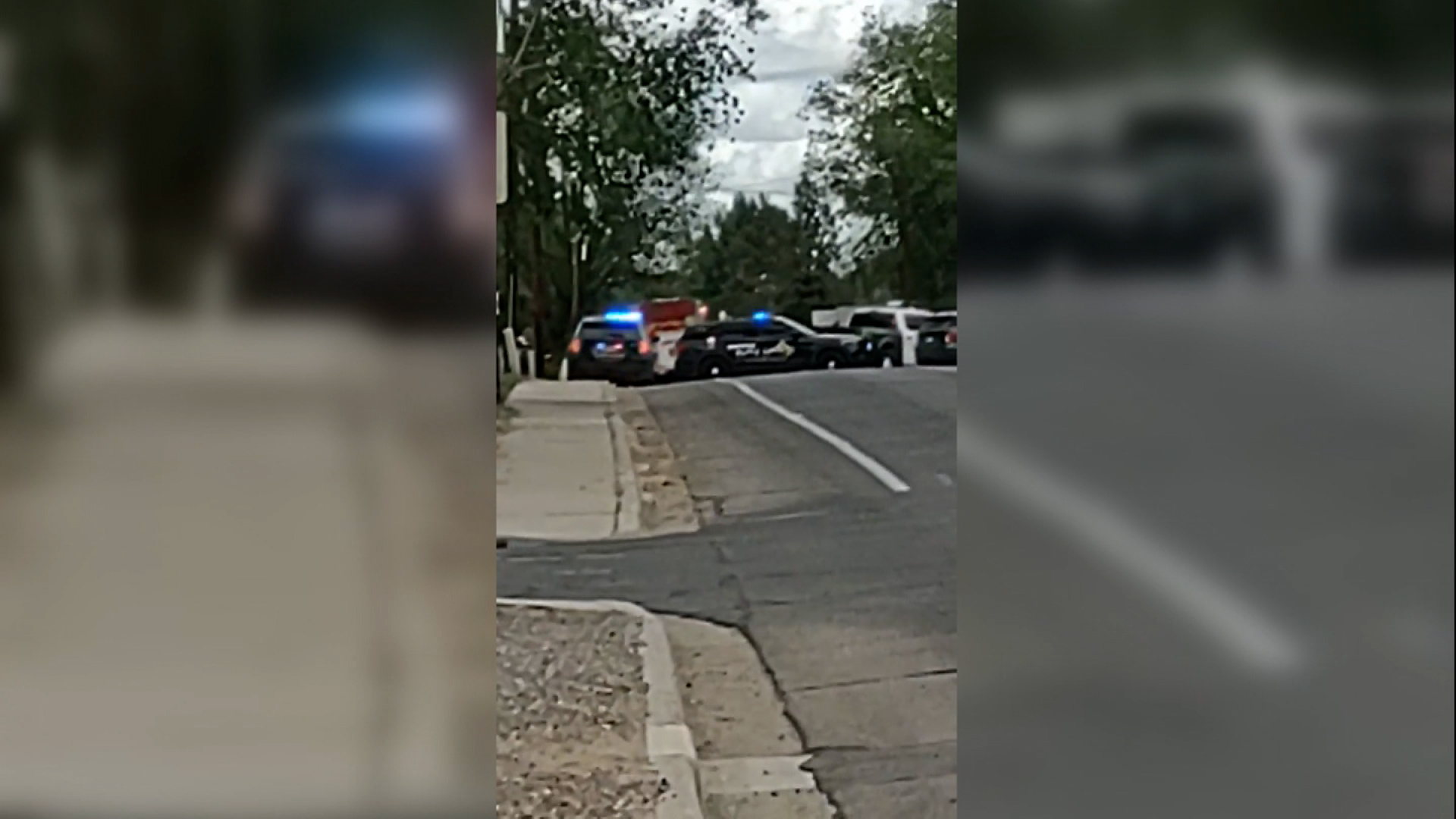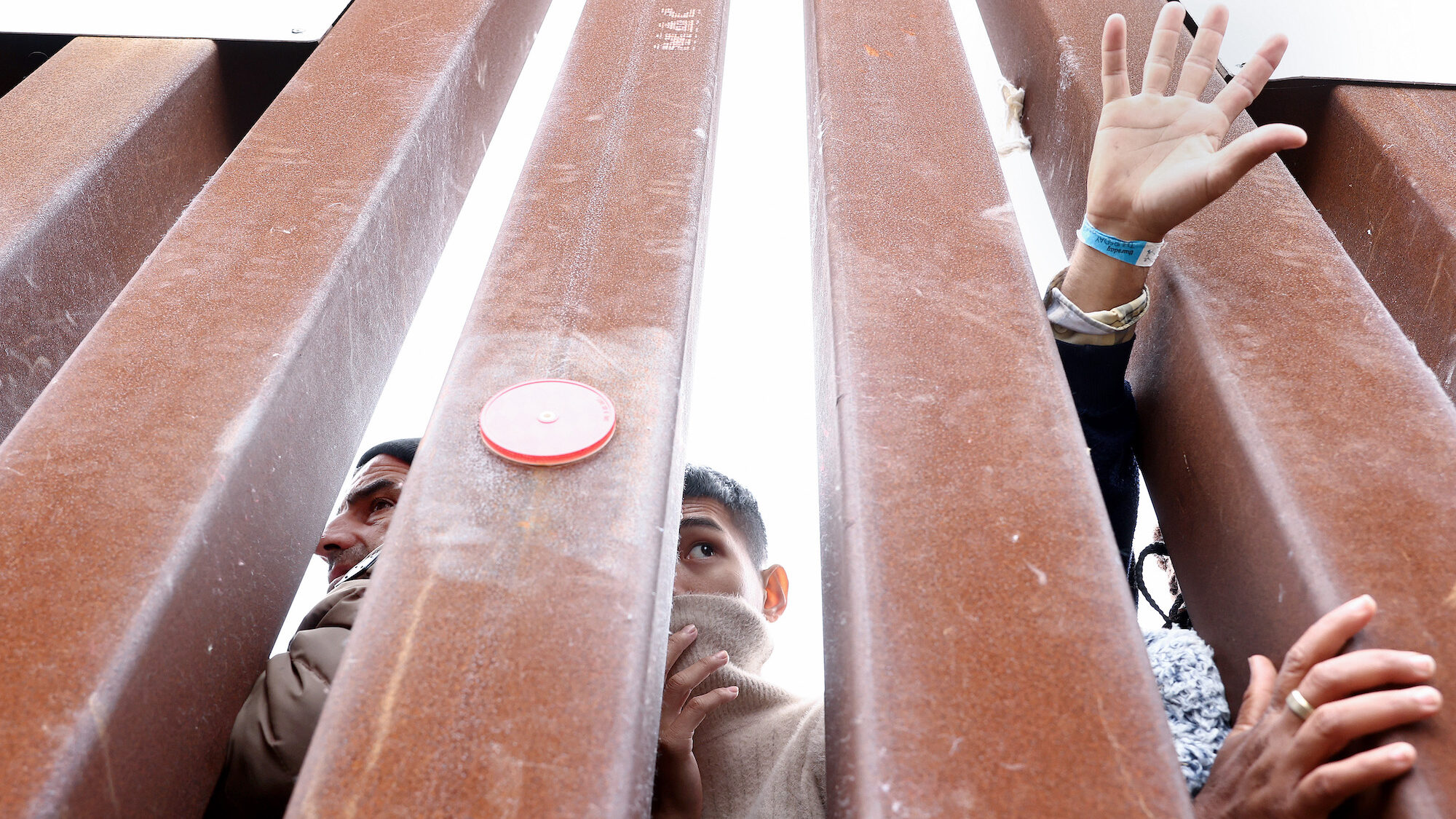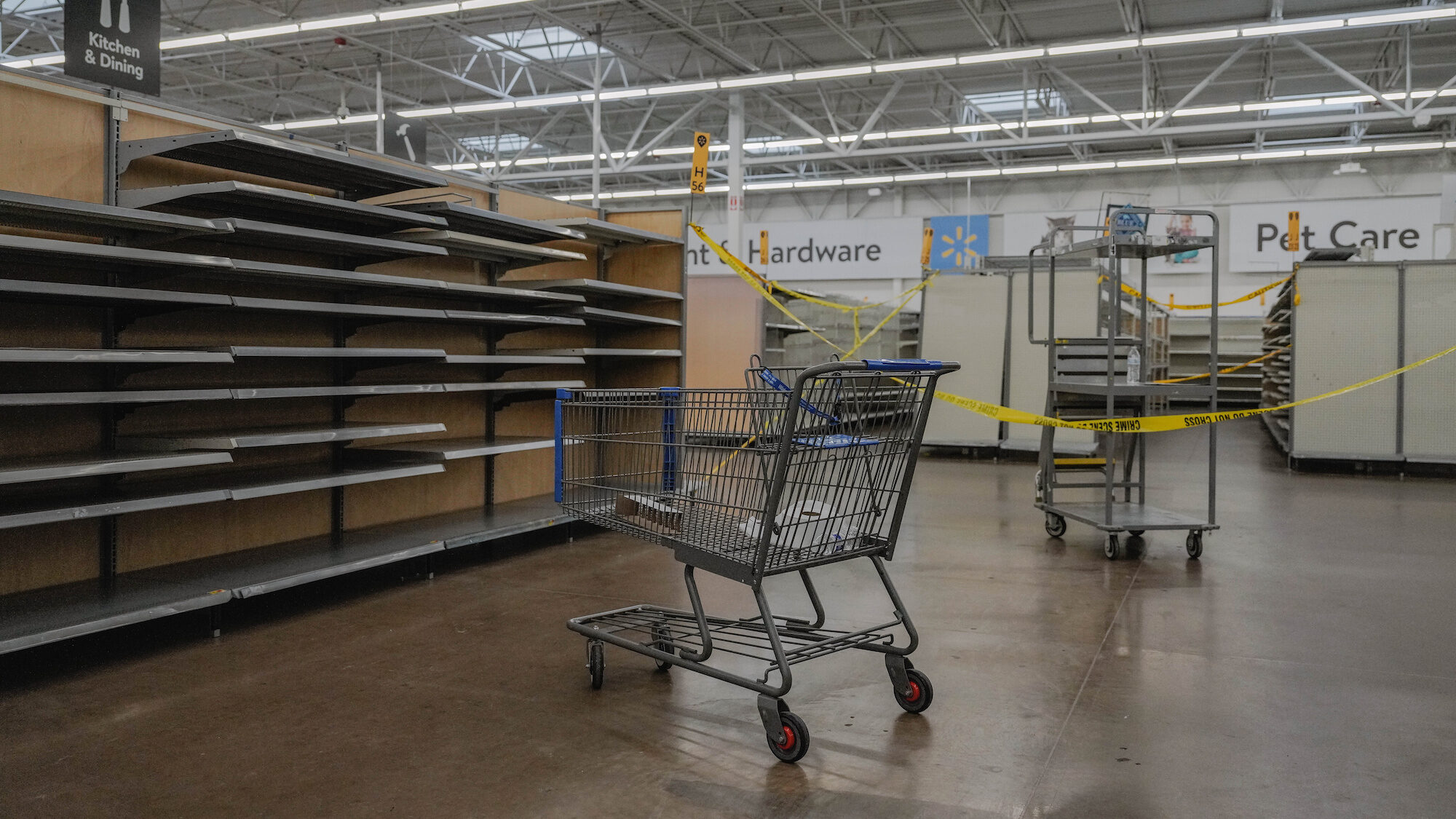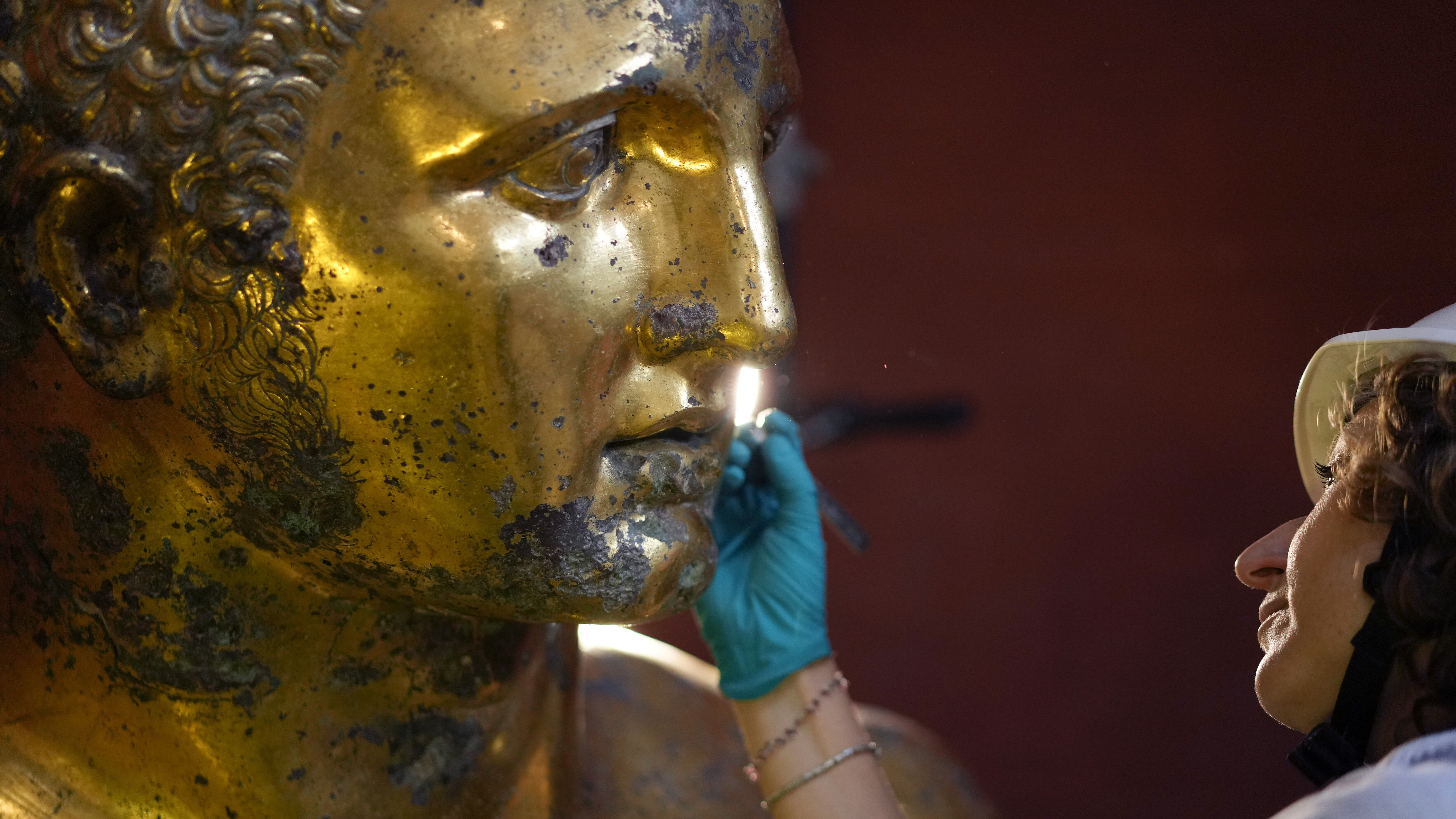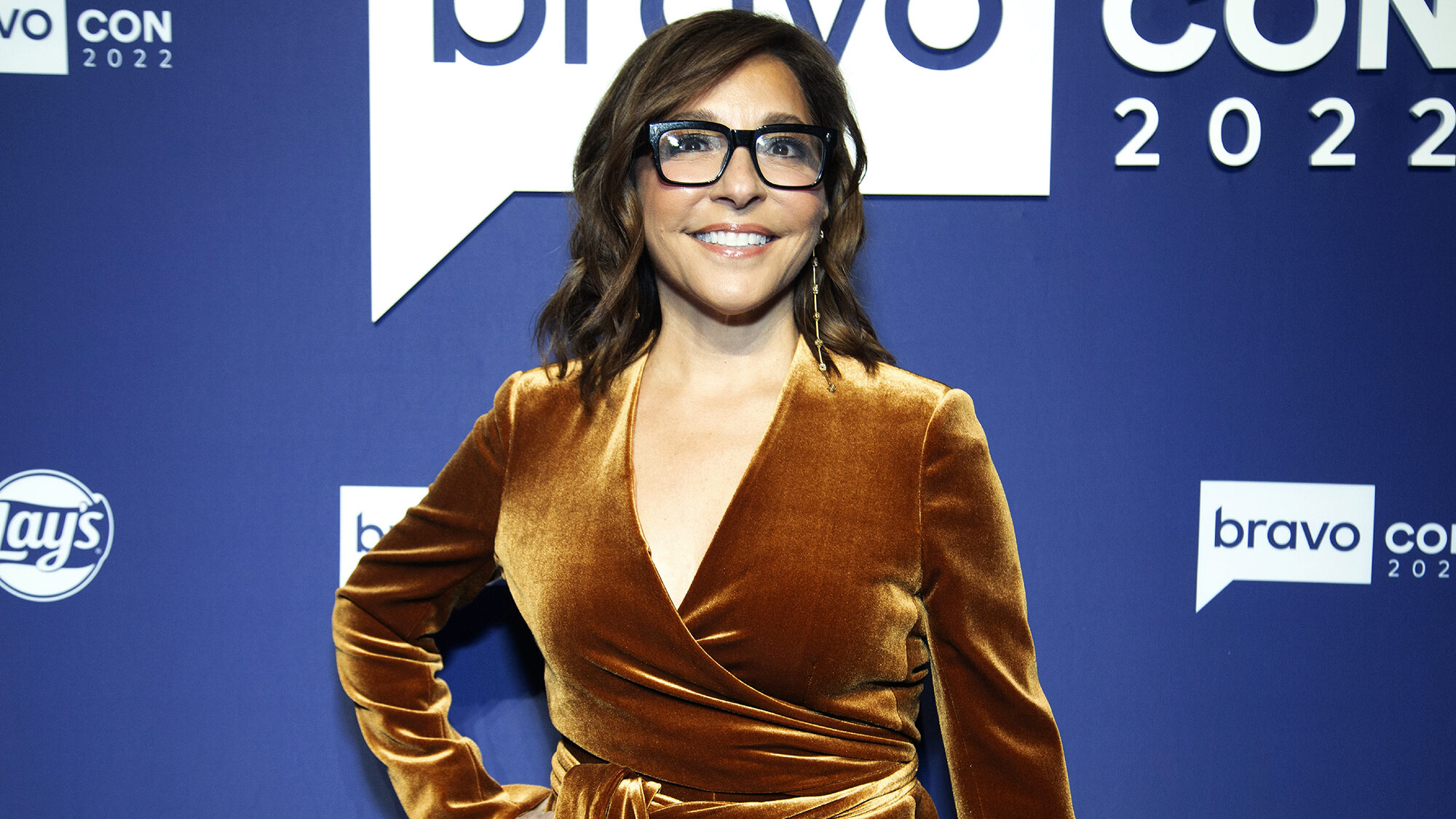CNN
Is $250,000 still the right limit for deposit insurance? The debate is on
Apr 29, 2023, 9:00 AM

U.S. one-hundred dollar banknotes are arranged for a photograph in Hong Kong, China, on Thursday, April 23, 2020. The Hong Kong Monetary Authority intervened for a third straight day this week to defend its currency peg as the local dollar touched the strong end of its trading band. Photographer: Paul Yeung/Bloomberg via Getty Images
(CNN) — If my bank fails, how much of my savings will I get back?
It’s a scenario no one likes to think about. But in the past 15 years, it has unfolded with particular drama on several occasions — during the 2008 global financial crisis and again since mid-March, as turmoil has gripped the banking sector.
The US Federal Deposit Insurance Corporation insures deposits up to $250,000 per person, per account, using a fund that banks pay into. But last month, when Silicon Valley Bank and Signature Bank failed in rapid succession, the FDIC, backed by Treasury Secretary Janet Yellen, stepped in to insure all deposits. It could do so again if the ailing First Republic Bank implodes despite multiple bailout measures.
That would be controversial. A fierce global debate has erupted over whether regulators should have agreed to reimburse everyone, including those with millions of dollars in their accounts.
The decision has also raised questions about whether current banking rules do enough to protect individuals, businesses and the broader financial system.
“We have a long history now of protecting all depositors every time a bank gets in trouble,” said William Isaac, who managed hundreds of bank failures as head of the FDIC during the tumultuous period in the early 1980s. “I don’t think that’s served us well.”
Some argue the US deposit insurance limit should be 100 times higher. Others claim increasing the cap would lead to much riskier behavior among lenders.
Lawmakers in Washington are discussing reforms, though no clear proposal has emerged so far. The FDIC, which is undertaking a “comprehensive review,” will release policy recommendations by May 1.
Across the Atlantic, Bank of England Governor Andrew Bailey has said regulators are considering changes to the UK deposit insurance program, which protects holdings up to £85,000 ($105,995).
Here’s what you need to know.
What is deposit insurance?
Deposit insurance exists to protect individuals and small businesses from bank failures and to help shield the economy from nasty aftershocks when a lender collapses.
How it works is straightforward: If your bank goes under, you’re guaranteed to get your money back, up to a certain limit.
The system is also designed to avert bank runs. Banks make money by taking in deposits and charging interest to lend them out. However, that means they never have enough cash on hand to pay all depositors at once. When such simultaneous demands come in, the lender is in trouble.
Deposit insurance is aimed at calming fears, giving customers less reason to pull their cash out in a hurry. It’s intended to make the entire banking system more stable.
What’s the problem?
Regulators aren’t sticking to their own rules.
The FDIC insured all deposits at Silicon Valley Bank and Signature Bank last month using a Treasury exemption. FDIC Chair Martin Gruenberg told Congress this step was necessary to stop alarm spreading across the financial system, and to ensure affected companies could pay staff and honor deals with suppliers.
At both Silicon Valley Bank and Signature Bank, more than 89% of domestic deposits, by value, were uninsured at the end of 2022, according to S&P Global.
That has raised doubts over the current set-up. Is $250,000 still the right limit? Or is an altogether different approach to bank failures needed?
At US banks backed by the FDIC, only 55% of domestic deposits were insured at the end of 2022, according to the agency’s data. In the United Kingdom, Numis bank analyst Jonathan Pierce estimates that figure is 65% for deposits by individuals and small businesses, and between 40% and 50% for larger corporate deposits.
Could the caps be raised?
That has been done before. In the United States, the threshold has been increased seven times since 1950.
Shortly after Silicon Valley Bank collapsed, US Sen. Elizabeth Warren, a Democrat, said the insurance cap might need to be lifted to a level as high as $10 million so small businesses could keep operating even if their bank failed. And earlier this month, Steven Mnuchin, the Treasury secretary under former President Donald Trump, said a cap as high as $25 million was necessary to keep money from leaving small and mid-size banks.
But momentum in Congress to change the US system appears to have stalled. Warren and others on the left want any increase in the deposit insurance cap to be accompanied by tougher regulation, and to make banks pay more for the insurance. But conservative groups argue that higher fees for banks would be passed back to consumers.
There are also concerns that if the wealthy and big businesses know their money is safe no matter what, they won’t think twice about which bank they choose. That could encourage lenders to take greater risks.
“Regulators need to ask themselves at what point their bailout of people who were supposed to take losses is itself making the system less stable,” said Aaron Klein, former deputy assistant secretary at the US Treasury.
What are the other options?
Rep. Ro Khanna, a Democrat, has said he’s been working with Republicans on legislation to temporarily insure all deposits that are used to make payroll.
Isaac, the former FDIC chair, agrees that all payroll accounts should be fully insured.
Yet he is against raising the deposit insurance cap, telling CNN: “You can’t get the discipline in the financial system you need if you’re going to keep bailing out the largest depositors all the time.”
Instead, he wants the FDIC to use a system of IOUs deployed in the 1980s. Those with more than $250,000 in deposits would receive certificates covering 80% of their uninsured holdings that could be cashed. That’s the minimum share of assets regulators typically recoup from unwinding a failed bank. Should they recoup all the bank’s assets, those depositors would be made completely whole.
This approach would encourage sophisticated depositors to choose their banks carefully, Isaac said. It would also limit economic pain if a bank did collapse, providing some cover and enabling former depositors to continue spending, he added.
In Britain, the Bank of England is “considering improvements” to its approach to some depositor payouts, according to Bailey, though he warned that “going further and considering increasing deposit protection limits could have cost implications for the banking sector as a whole.”
“As with all things relating to bank resolution, there is no free lunch,” he said in a speech earlier this month.
Why is all this so contentious?
The debate over deposit insurance taps into bigger questions about the state’s role in private enterprise.
Small businesses “are not folks who can investigate the safety and soundness of their individual banks,” Warren said in March. “That’s the job the regulators are supposed to do.”
Meanwhile, those who oppose raising the insurance limits argue that doing so would signal that the banking sector is fully backed by the government.
“Given our societies have chosen broadly to be market economies, we should try to find solutions to these things to treat banks as though they’re not an extension of the state,” said Paul Tucker, former deputy governor of the Bank of England.
He stressed that “how much you want to insure is ultimately a political choice.”
Klein, the former US Treasury official, now a senior fellow in economic studies at the Brookings Institution, thinks that’s one reason America’s deposit insurance threshold shouldn’t be touched.
“If people want to argue for public banking, that’s fine,” he said. “But that’s a very different argument.”

